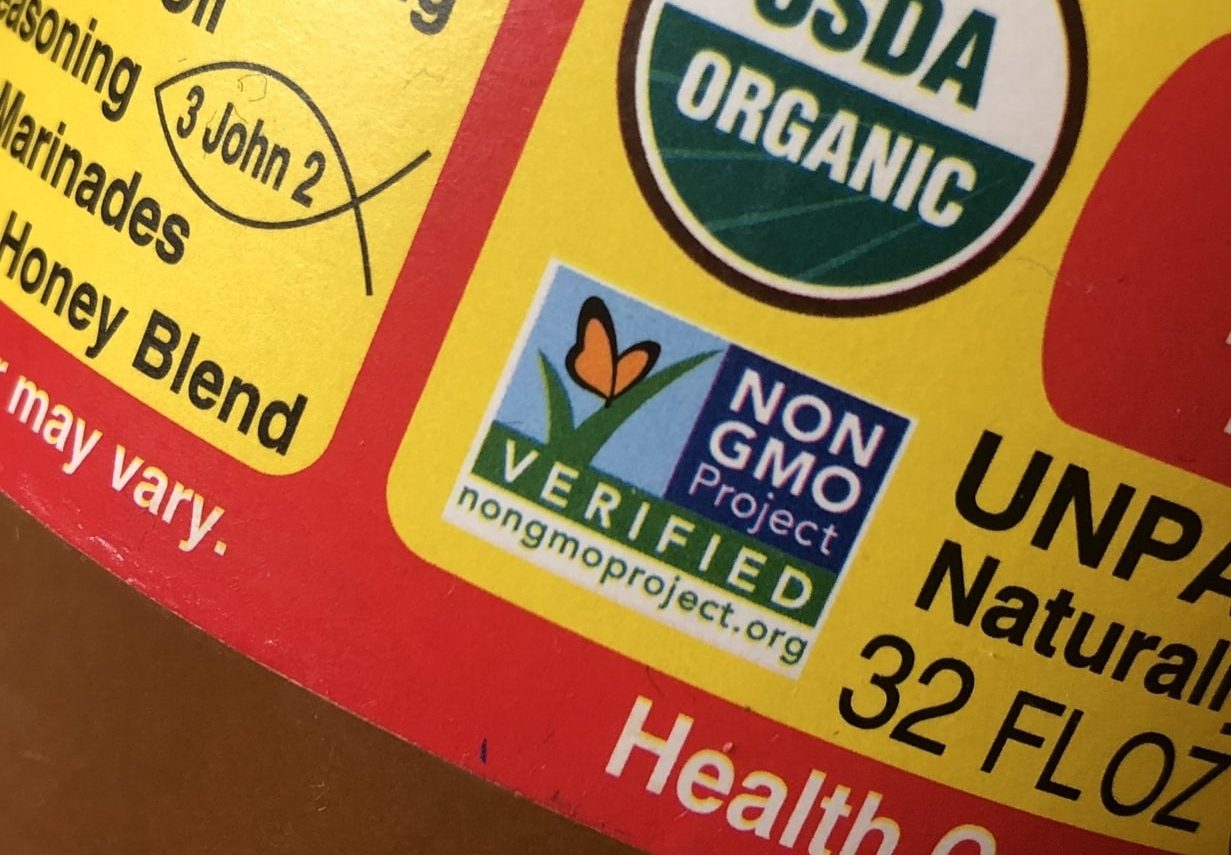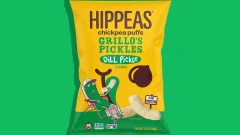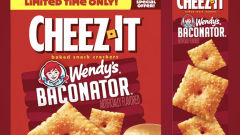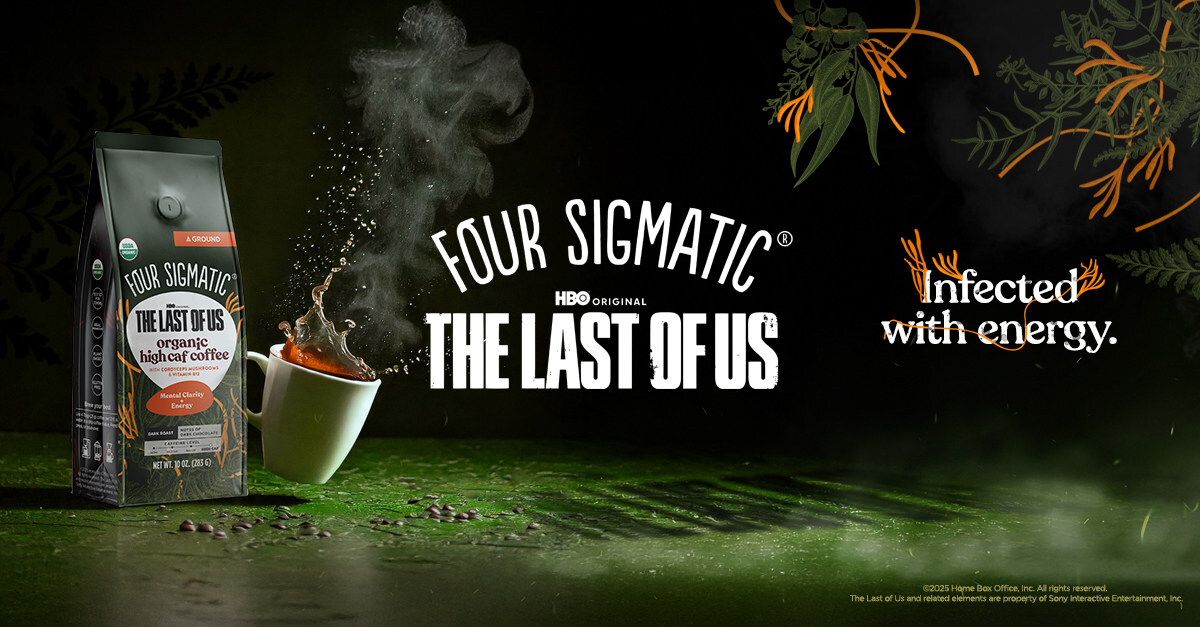The FDA Was Just Petitioned To Ban Non-GMO Labeling

The question of genetically engineered foods, non-GMO branding, and their labeling was thought to have been put to bed a couple of years ago. Congress passed a law requiring the labeling of “GMO foods,” which will likely need to display a BE or “bioengineered” label by 2020. Should be all said and done, right?
While that was the case initially, a new citizen’s petition to the FDA has opened up that can of worms once again. This time, folks are asking for non-GMO labels to be banned on food.
 Photo: Foodbeast // Peter Pham
Photo: Foodbeast // Peter Pham
For those wondering, non-GMO labels like the one above are done by “third party verifiers” and NOT by the FDA. The government has no qualms with these right now, but that may change based on the new petition filed by the Information Technology and Innovation Foundation (ITIF).
According to Food Dive, ITIF’s petition claims that these non-GMO labels are “false and misleading” because they make a product appear healthier than those that contain bioengineered/GMO ingredients. Scientifically, this has been proven time and time again to not be the case, so ITIF feels that the non-GMO markings construe misbranding, making them illegal under FDA jurisdiction.
ITIF may have scientific sounding in their argument, but experts do not expect the FDA to accept their petition. The food industry has backed companies like the non-GMO project that create these label markings and claims, which weakens their case. Furthermore, one could argue that the phrase “non-GMO” is permissible under the free speech clause of the First Amendment of the U.S. Constitution. Unless the FDA deems that to be “commercial speech” that has less protections, the phrase would be legal.
By law, the FDA has 180 days to respond to the petitioners and decide whether or not to make such a bold claim when it comes to non-GMO labeling. If they accept the petition, it would likely come with a regulation or new law from Congress that would ban the phrase “non-GMO” and similar verbages, a huge blow to advocates of those who want consumers to know if their foods contain genetically engineered ingredients or not.






















